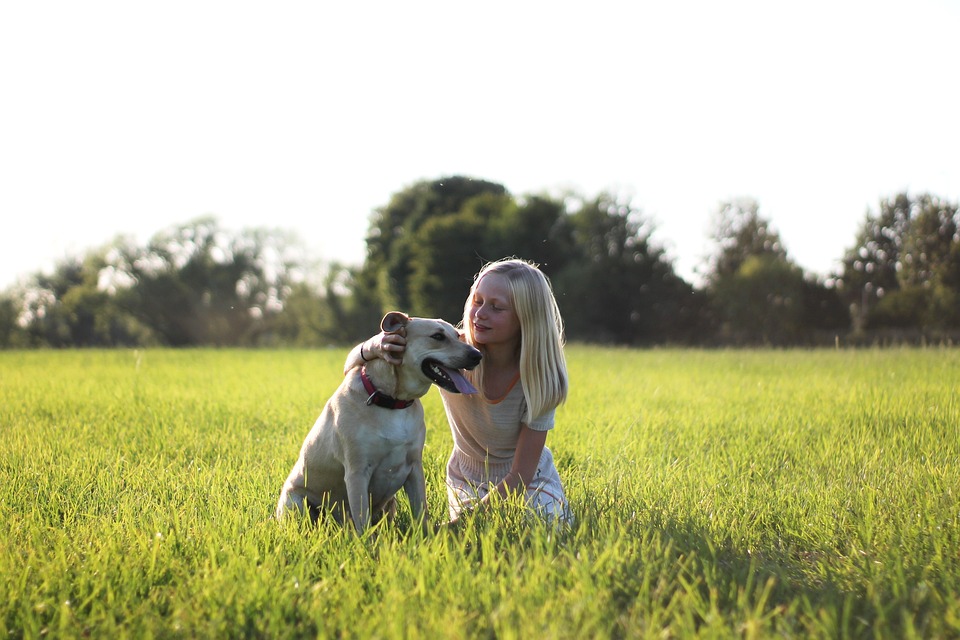Training a dog is an essential part of keeping them happy, healthy, and well-behaved. While it’s often believed that teaching an old dog new tricks is impossible, the truth is that age is just a number when it comes to training senior dogs. With the right approach and understanding, you can effectively train your senior dog and strengthen the bond between you and your furry friend. In this article, we will explore some valuable tips for training your senior dog, regardless of their age or previous training experience.
1. Understanding the Needs of Senior Dogs
Before starting any training regimen, it’s crucial to consider your senior dog’s physical limitations. Older dogs may have joint issues, reduced mobility, or age-related conditions that can affect their ability to perform certain tasks. Adjust the training exercises accordingly to avoid unnecessary strain or discomfort.
Just like humans, senior dogs benefit from mental stimulation to keep their minds sharp. Incorporate interactive toys, puzzle games, and positive reinforcement training to engage your senior dog mentally and provide them with the mental exercise they need.
2. Patience and Consistency: The Key to Success
Senior dogs may take longer to grasp new concepts or commands due to age-related cognitive decline. It’s important to be patient and understanding during the training process. Avoid frustration or impatience, as it can hinder progress and affect the bond between you and your dog.
Consistency is crucial when training a senior dog. Stick to a regular training schedule and use the same cues and commands consistently. This helps your dog understand what is expected of them and reinforces the training principles. Be consistent with rewards and praise as well, as it motivates your senior dog to continue learning and performing well.
3. Adapt Training Methods to Suit Your Senior Dog
Positive reinforcement is a highly effective training method for senior dogs. Reward your furry friend with treats, praise, or their favorite toy whenever they exhibit the desired behavior. This positive association encourages them to repeat the behavior in the future.
Older dogs may tire more quickly, so it’s important to keep training sessions short and focused. Aim for several short sessions spread throughout the day instead of one long session. This helps prevent mental and physical fatigue, ensuring your senior dog remains engaged and receptive during training.
4. FAQs: Answering Common Questions About Training Senior Dogs
Q1: Can senior dogs be trained if they haven’t had any previous training?
A1: Absolutely! Dogs of any age can be trained, regardless of their previous training experience. It may take a little longer, but with patience and consistency, you can teach your senior dog new commands and behaviors.
Q2: My senior dog seems to have lost interest in training. What should I do?
A2: If your senior dog appears disinterested in training, it could be due to physical discomfort or cognitive decline. Consult with your veterinarian to rule out any underlying health issues. Adjust the training methods to make them more enjoyable and mentally stimulating for your furry friend.
Q3: Is it too late to correct bad behaviors in my senior dog?
A3: It’s never too late to correct bad behaviors in senior dogs. Consistent training, positive reinforcement, and understanding their physical limitations can help address and modify unwanted behaviors. Seek professional help if needed.
Conclusion:
Age should never be a barrier when it comes to training your senior dog. By understanding their needs, being patient and consistent, adapting training methods to suit their abilities, and providing mental stimulation, you can successfully train your senior dog and enhance your bond with them. Remember, age is just a number, and with the right approach, your senior dog can continue to learn and flourish.









